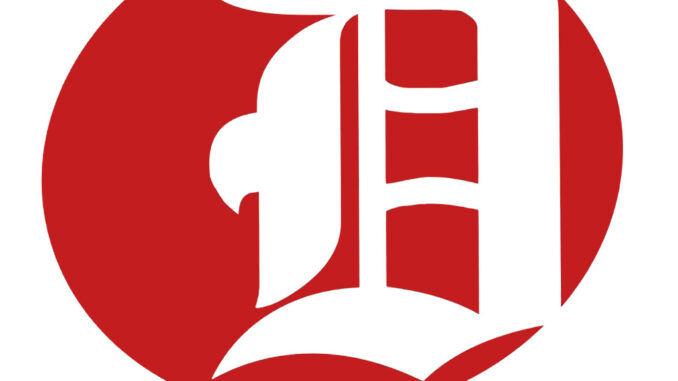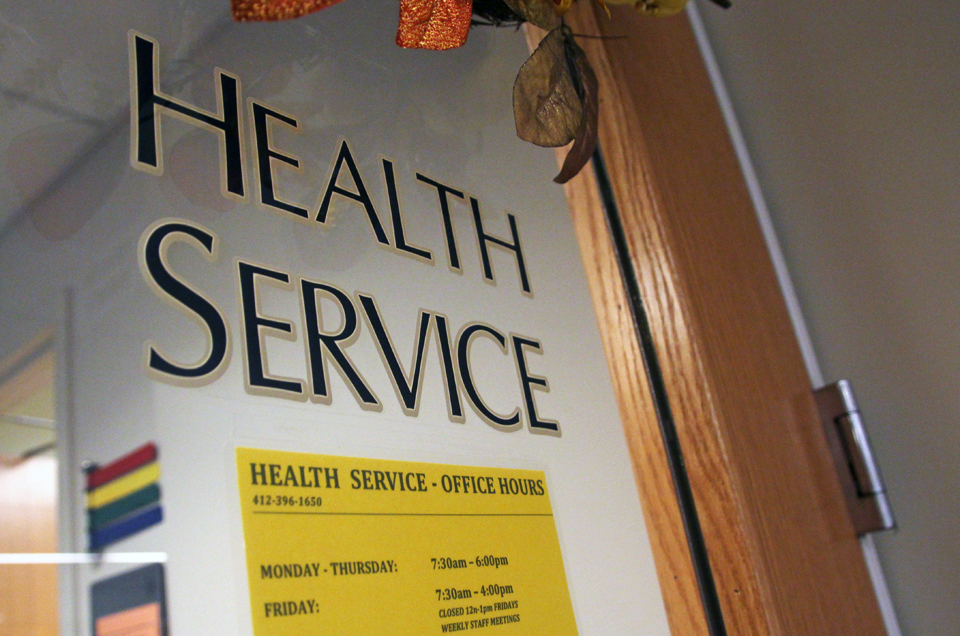
by Zoe Stratos | opinions editor
Jan. 20, 2022
An Australian court ruled on Jan. 16 that Novak Djokovic was to be deported from the country, crushing the Serbian tennis pro’s goal to win his 21st Grand Slam title at the Australian Open.
The reason? Djokovic isn’t vaccinated against Covid.
The Australian government wasn’t having it — and I don’t blame them.
Upon Djokovic’s arrival to the country on Jan. 5, Victoria state, where the Open would be held, recorded more than 20,000 new cases, which would become the largest daily jump in cases since the onset of the pandemic, the AP reported.
Djokovic has been vocal about his opinion on the vaccine ever since its development. In an interview translation from Reuters in 2020, he expressed that he was “opposed to vaccination,” and “wouldn’t want to be forced by someone to take a vaccine in order to be able to travel.”
Although many would have loved to see the tennis star perform once again in the Open, me being one of them, the court’s decision comes with a strong message: even though you’re a person of importance, you’re not exempt from a clearly stated requirement.
The events of Djokovic versus the Australian government open up the conversation for even bigger topics at hand: the social power of an athlete, and the institutionalized power the associations hold over them.
Athletes, now more than ever, have the agency to reach out and communicate with fans on a daily basis via social media. They garner support through their victories and create a platform to express their views — some rather questionable.
Djokovic, at the paramount of physical health, attempted to defy public interest, displaying to the world that you don’t have to follow policy, and his winner status calls for an exemption.
The Covid-19 virus, especially now during the surge of the Omicron variant, has thus far taken approximately 5.5 million lives worldwide, and 334 million have been afflicted with the virus. With the power that an athlete holds, wouldn’t they want to promote staying healthy?
Not to say that it requires a vaccine, as some exemptions exceed it, but at least the adherence to Centers for Disease Control and Prevention guidelines could influence fans and general viewers alike to work together to get rid of the virus plaguing the world for nearly two years.
A well-known name in the U.S., Green Bay Packers quarterback Aaron Rodgers has been a flag-bearer for the anti-vax community, as well.
Rodgers tested positive for Covid-19 in November after initially telling the media he had been immunized against the virus. Later, on the Pat McAfee show in December, Rodgers admitted “I believe strongly in bodily autonomy and the ability to make choices for your body. Not to have to acquiesce to some sort of woke culture or crazed individuals who say you have to do something.”
Although he may not realize it, his quote, and in Djokovic’s case, his actions, become weapons for those against the vaccine, and those who dismiss the severity of the virus. It’s another reason to deny the effectiveness of the vaccine and quarantine guidelines brought forth by the CDC.
Part of the issue is the cession of American sports associations, giving into fan requests to allow for unvaccinated players to continue competition — all for capital gain and continued support.
Besides the NFL, the NBA also waved the white flag, allowing NBA star Kyrie Irving to receive an exemption to play part time in away games since indoor arenas in New York require vaccination.
When it comes to athletes, rather than your unvaccinated next-door neighbor, what they do in public health situations matters. Circling back to their platform, professional athletes are symbols of health, success and leadership. They are sought after by sports apparel brands, supplement brands and medicine brands — they are a pop culture representation of what we should be striving for.
But we shouldn’t be striving for exemptions or dismissing scientific studies. No athlete, no matter how successful, should receive a free pass when there are clear restrictions in place to protect other players, coaching staff, referees, stadium employees and even fans.
And that’s why it’s disappointing to see sports associations fail to exert the one sliver of power they hold over athletes: whether or not they are allowed to compete. Australia did what the U.S. is afraid to do, and it’s about time we step up to the plate.




